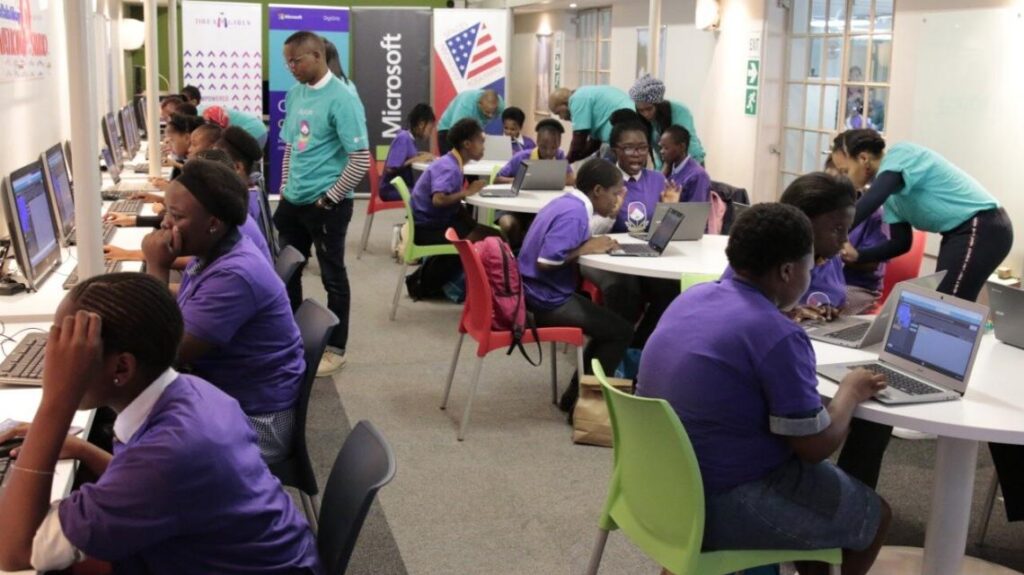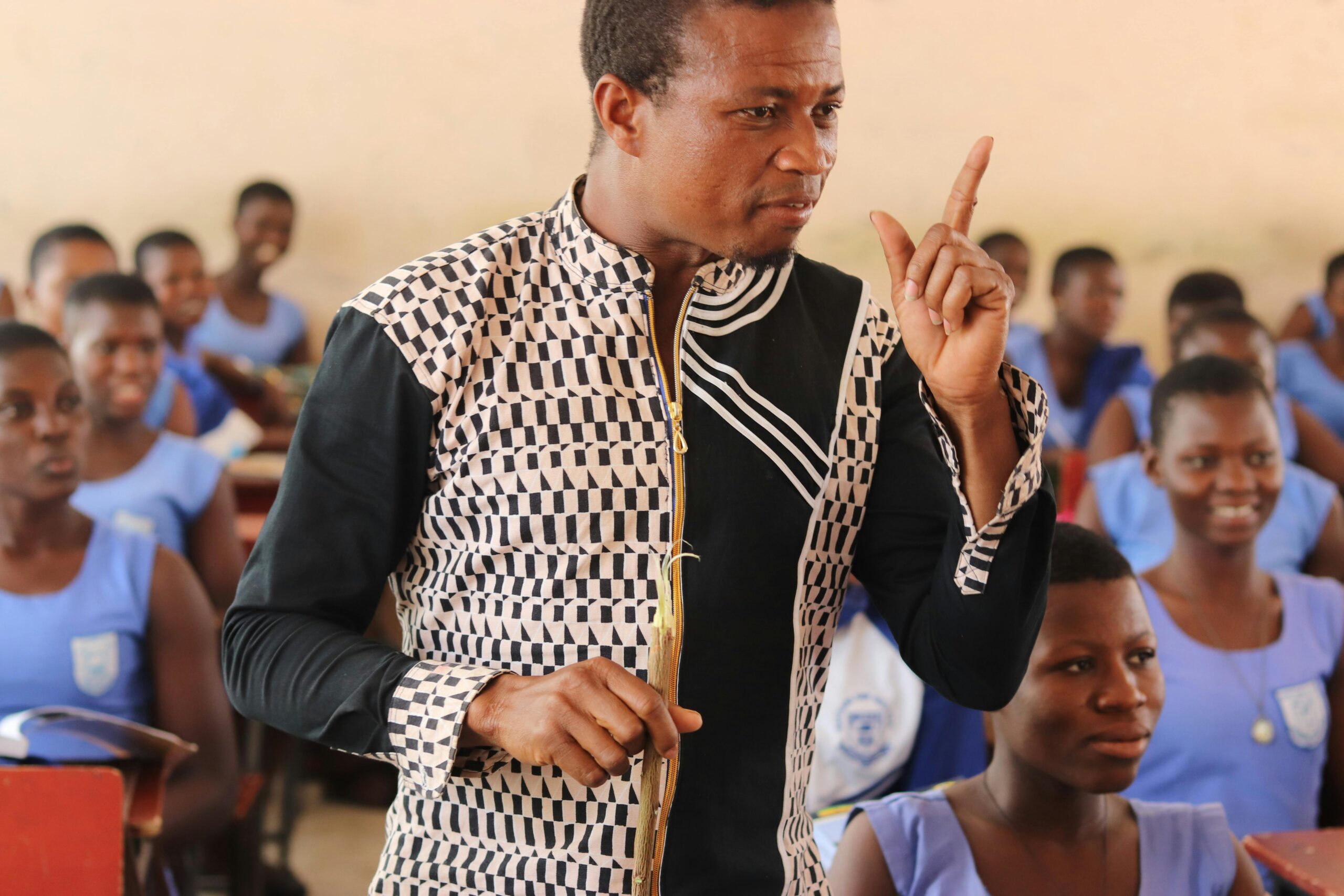Education is a cornerstone of societal development, yet millions of children worldwide still lack access to quality learning opportunities. At Education for All Initiative (EFAI), we know that fostering meaningful change requires collective effort—and there’s no greater driver of change than the power of community. Communities hold the potential to transform education by creating inclusive, tailored solutions that address local needs and empower educators and students alike.
How Communities Drive Educational Progress
Educational challenges are often deeply rooted in local contexts, making community-driven initiatives uniquely positioned to address them. A community-focused approach to education brings:
- Local Knowledge: Communities understand the cultural, economic, and social dynamics that impact education in their region. This insight allows for more effective and relevant interventions.
- Collective Ownership: When community members are involved, they feel a sense of responsibility for the success of educational initiatives, ensuring long-term sustainability.
- Resources and Networks: Communities can pool resources, forge partnerships, and advocate for better policies that support schools and students.

Lessons from Ghana: Community Action in STEM Education
Lets take a look at the perfect example of the transformative role of communities in the work of the Elsie Effah Kaufmann Foundation (EEKF) in Ghana. By engaging local educators, parents, and stakeholders, EEKF has revolutionized STEM education through teacher training programs, innovative curricula, and digital platforms like the STEM Code platform. These initiatives demonstrate how communities can:
- Empower Educators: Training 15,000 teachers equipped educators with the skills to foster student interest and excellence in STEM subjects.
- Engage Students: Providing modern, practical learning resources inspired over 650 schools to embrace STEM-focused education.
- Foster Collaboration: By involving schools and community leaders, the program created a sense of shared purpose and ownership, essential for sustained success.

How EFAI Supports Community-Led Initiatives
At EFAI, we focus on enabling and scaling community-led solutions that deliver tangible results. Drawing on examples like EEKF’s work in Ghana, our approach emphasizes:
- Tailored Support: Collaborating with local organizations to design programs that address region-specific challenges.
- Capacity Building: Offering training and resources to educators to improve teaching methods and student engagement.
- Advocacy and Awareness: Engaging communities and governments to prioritize education as a fundamental right.
Building a Shared Vision
The power of community is not only about resources but also about a shared vision for the future. When communities rally around the goal of advancing education, they foster a culture of collaboration and accountability. From parents volunteering at schools to local businesses supporting infrastructure, the collective effort can create a ripple effect that transforms entire educational ecosystems.
Conclusion
Communities are at the heart of educational advancement. By leveraging their knowledge, passion, and networks, we can build a future where education is truly accessible to all. At EFAI, we remain committed to partnering with communities to ensure that every child has the tools and opportunities they need to succeed.
To learn more about our work or explore ways to get involved, visit our website

SUBSCRIBE TO OUR NEWSLETTER TO GET MORE INFORMATION AND UPDATES ON STEM EDUCATION ACROSS THE GLOBE


